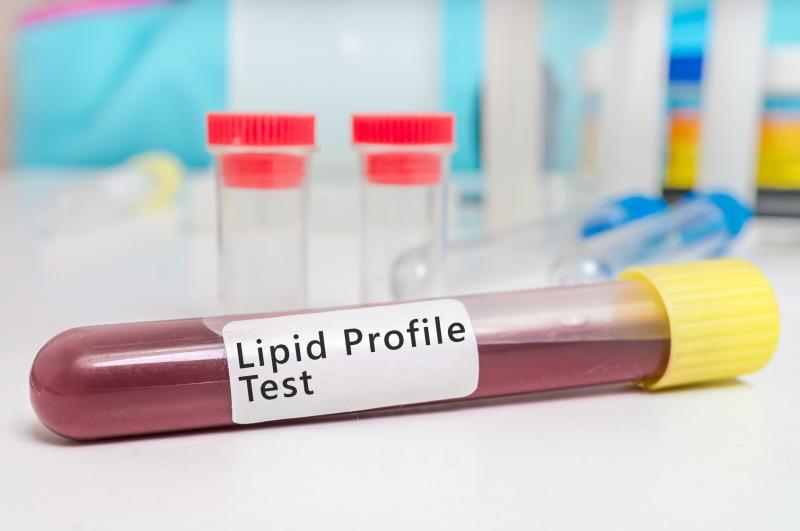
Low serum levels of total (TC), low-density lipoprotein (LDL-C) and high-density lipoprotein (HDL-C) cholesterol contribute to an increased risk of developing Crohn’s disease (CD), whereas low serum triglyceride levels increase susceptibility to ulcerative colitis (UC), a recent study has shown.
The nationwide population‐based study used claims data from the Korean National Healthcare Insurance service. Researchers estimated the risk of incident inflammatory bowel disease (IBD) in relation to serum lipid profiles in a total of 9,706,026 individuals who underwent medical check‐ups in 2009 and were followed until 2016.
IBD occurred in 7,058 individuals (0.07 percent) over a median follow-up of 7.3 years. In an analysis of IBD subtypes, CD incidence, but not that of UC, was high in the lower vs highest quartile of serum TC levels (adjusted hazard ratios [aHRs], 2.52 in quartile 1, 1.52 in quartile 2, 1.27 in quartile 2).
Likewise, lower serum LDL‐C levels were associated with higher incidence of CD (aHRs vs quartile 4, 1.92 in quartile 1, 1.47 in quartile 2, 1.22 in quartile 3), as were lower serum HDL‐C levels (aHRs vs quartile 4, 2.49 in quartile 1, 1.90 in quartile 2, 1.43 in quartile 3). These associations were not observed for UC.
Meanwhile, the incidence of UC, but not CD, was high in the lower vs highest quartile of serum triglyceride levels (aHRs, 1.22 in quartile 1, 1.19 in quartile 2, 1.19 in quartile 3).